Media | Articles
Rear Window: 6 GM coupes with dazzling back glass
When enthusiasts pick design details on vehicles to obsessively critique, the front-end bits usually get all the attention. Grilles, scoops, emblems, and ornaments are all proudly displayed in the front of a vehicle and clamor for attention. Nobody seems to have a favorite trunk.
We noticed a trend, particularly on GM coupes, in which designers seemed to push the envelope and see just how much they could get away with when it comes to radical rear glass. Alfred Hitchcock’s Rear Window may have debuted in 1953, but some of the best-looking rear windows came out in the decades that followed. As windshields became nearly flat after the bubble-top era, the backlite—the technical design term for “rear window” or “rear glass”—was one part of the greenhouse that was still up for some ambitious experimentation. Here are some of our favorites.
1963–67 Chevrolet Corvette

You knew this list had to include the split-window 1963 Corvette coupe. Yes, it’s an iconic design and yes, that center spine does add to the already striking lines of the ’63 Sting Ray, but the 1964–67 Corvette still offers traffic-stopping good looks thanks in part to that teardrop fastback roofline and deeply curved rear glass.
1971–73 Buick Riviera

Buick’s big personal luxury coupe was unlike anything else on the market—except for that big curved rear glass, which did resemble that on the recently-departed Sting Ray. The big Buick coupe took the tapering cockpit theme even further than the Corvette did, with ’71 and ’72 Rivieras wearing a boat-tail stretched from the decklid into the bumper and culminated in a sharp point. The 1973 model smoothed the lines out a bit, but the look is still striking.
1977–79 Chevrolet Impala/Caprice
Despite being ridiculed by car fans the world over, the Malaise Era did have some gems. We present Exhibit B-body, the 1977–79 full-size Chevy coupes. OK, so the bumpers are bit clunky, we admit. But just look at how simple and clean the rest of the car manages to look. The Landau coupes, with their painted C-pillars and rear roof sections, even managed to present vinyl tops in a fresh way. Of course, the crowning touch is the sharply beveled rear glass.
Marketplace
Buy and sell classics with confidence
1977–78 Oldsmobile Toronado XS
Not to be outdone with the creased rear glass showcased in Chevrolet’s B-bodies, Oldsmobile created the Toronado XS. Its extreme wraparound rear window was something that hadn’t been seen since the swoopy styling of the 1960s and set the Toronado XS apart from its competitors in the expanding personal luxury segment. Only about 2700 were built, and they’re a rare sight today.
1978–87 Chevrolet El Camino/GMC Caballero
Yes, the El Camino is still a coupe; it’s just a coupe utility. The final generation of El Camino and only generation of GMC Caballero brought a slightly longer wheelbase than their predecessors—previous GMC utes were called Sprints—despite looking far more trim and compact. They also had a seriously curved rear window. The sloping C-pillar hides most of the unique rear window, but one look from the rear three-quarter reveals how GM neatly separated the cab from the bed with a single, deeply curved piece of glass.
1986–87 Chevrolet Monte Carlo and 1986 Pontiac Grand Prix Aerocoupe
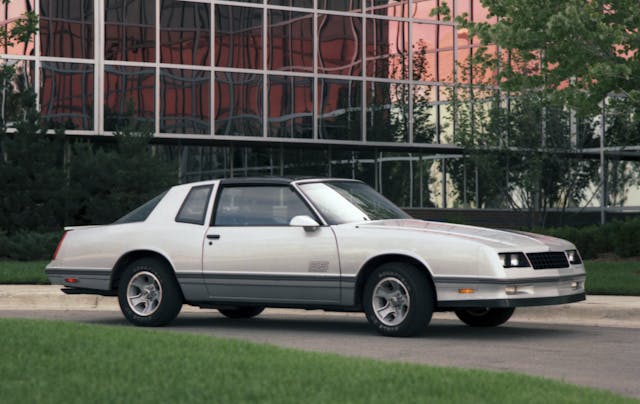
When you think of NASCAR homologation specials that brought superspeedway aerodynamics to showroom floors, you no doubt imagine the Plymouth Superbird and Dodge Charger Daytona. Your next few contenders might be the Torino Talladega and Charger 500. Eventually, you might remember the Monte Carlo Aerocoupe and its similar (but not identical) Pontiac Grand Prix 2+2 Aerocoupe sibling.
These cars didn’t come with a whole lot of muscle like their aerodynamic ’60s predecessors, and Joe Dirt never drove one, but their impact on NASCAR was still important. Pontiac made around 1100 of its fastback coupe while Chevrolet sold 200 Aerocoupes in 1986 and several thousand in 1987. They allowed GM to put a much-improved profile on its NASCAR racers and helped drivers like Dale Earnhardt bring Chevrolet back to the winners circle after Ford’s slippery Thunderbird proved tough to beat.
***
Check out the Hagerty Media homepage so you don’t miss a single story, or better yet, bookmark it. To get our best stories delivered right to your inbox, subscribe to our newsletters.
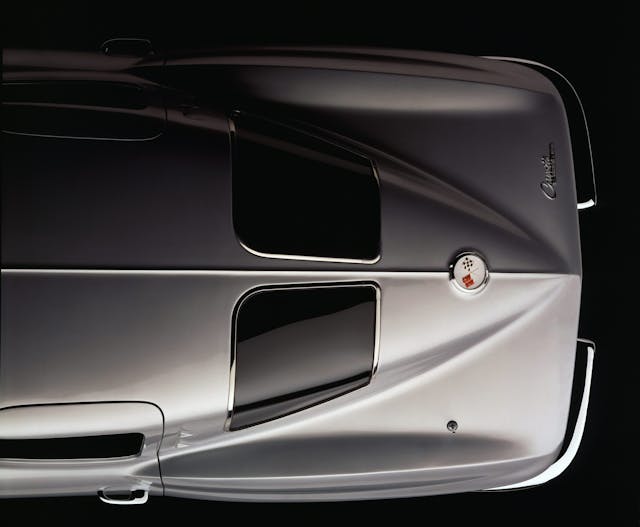
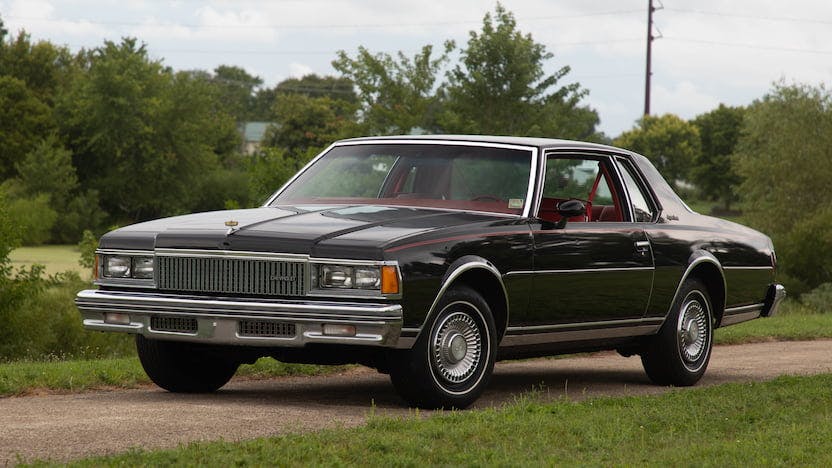
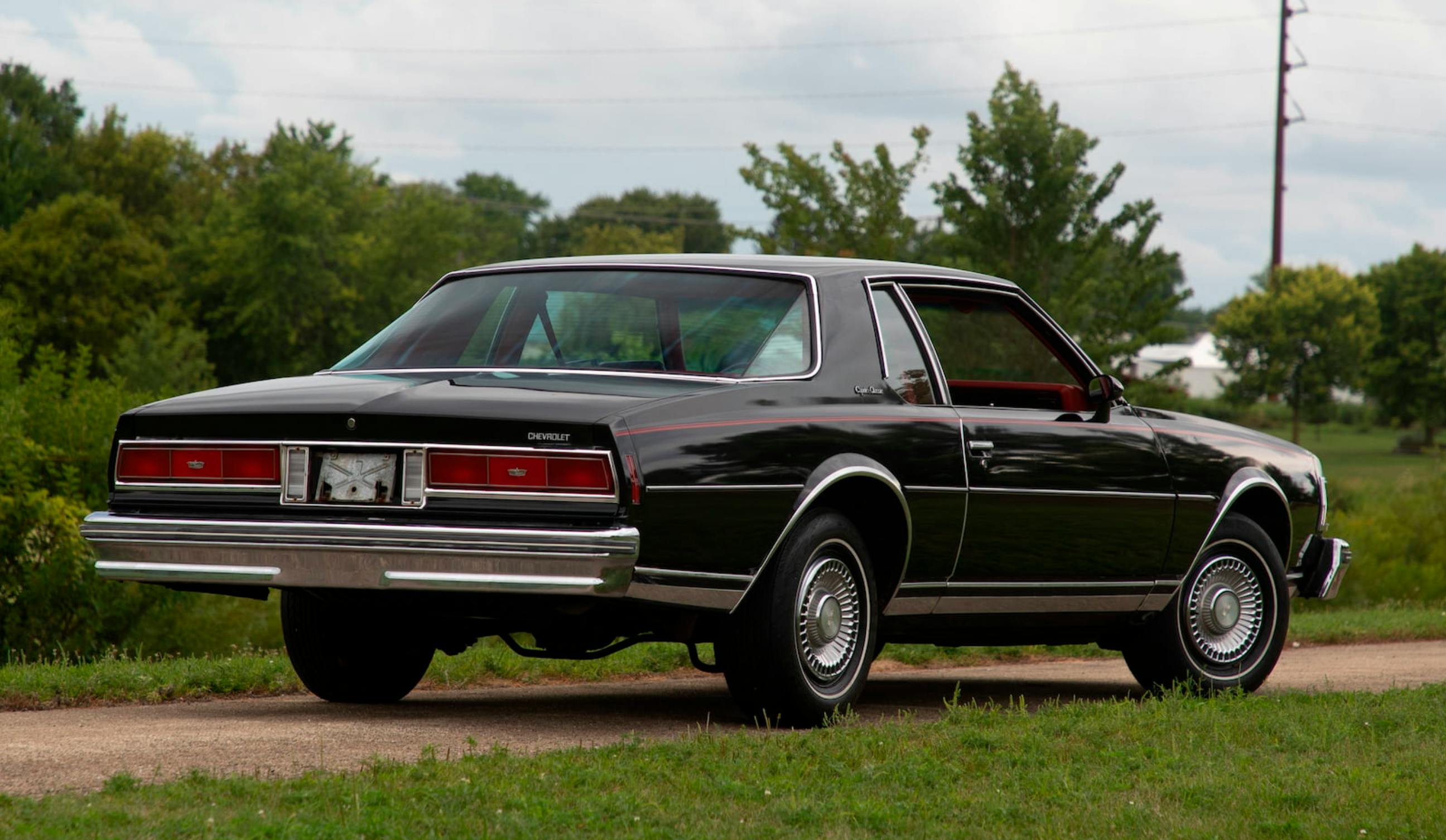
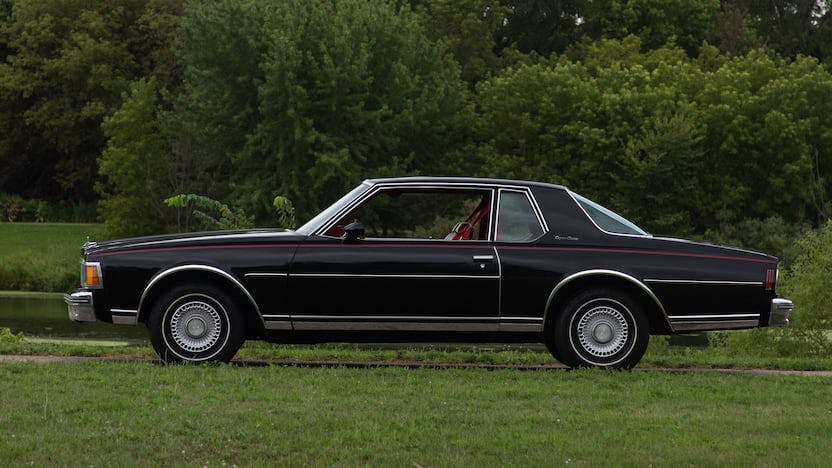
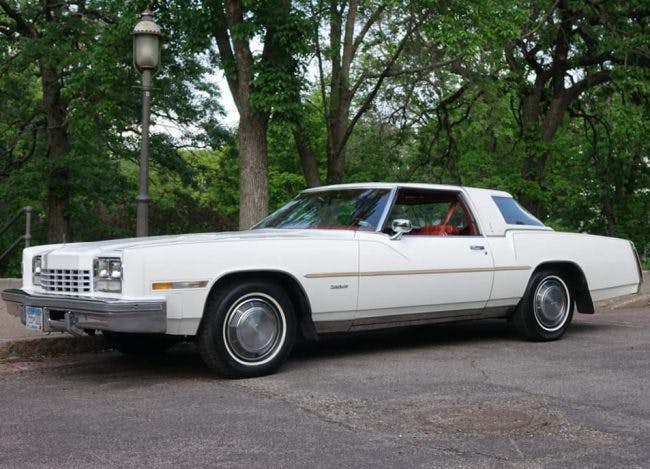
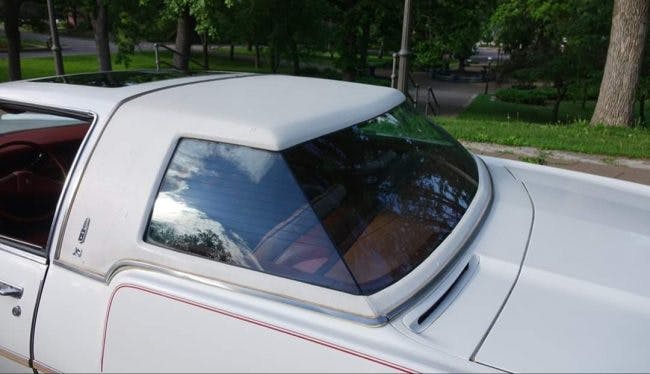

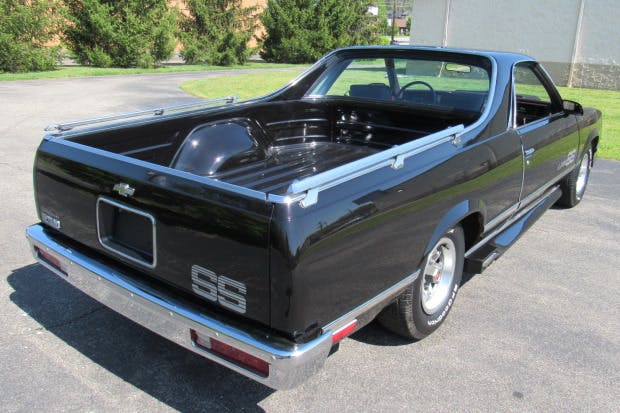





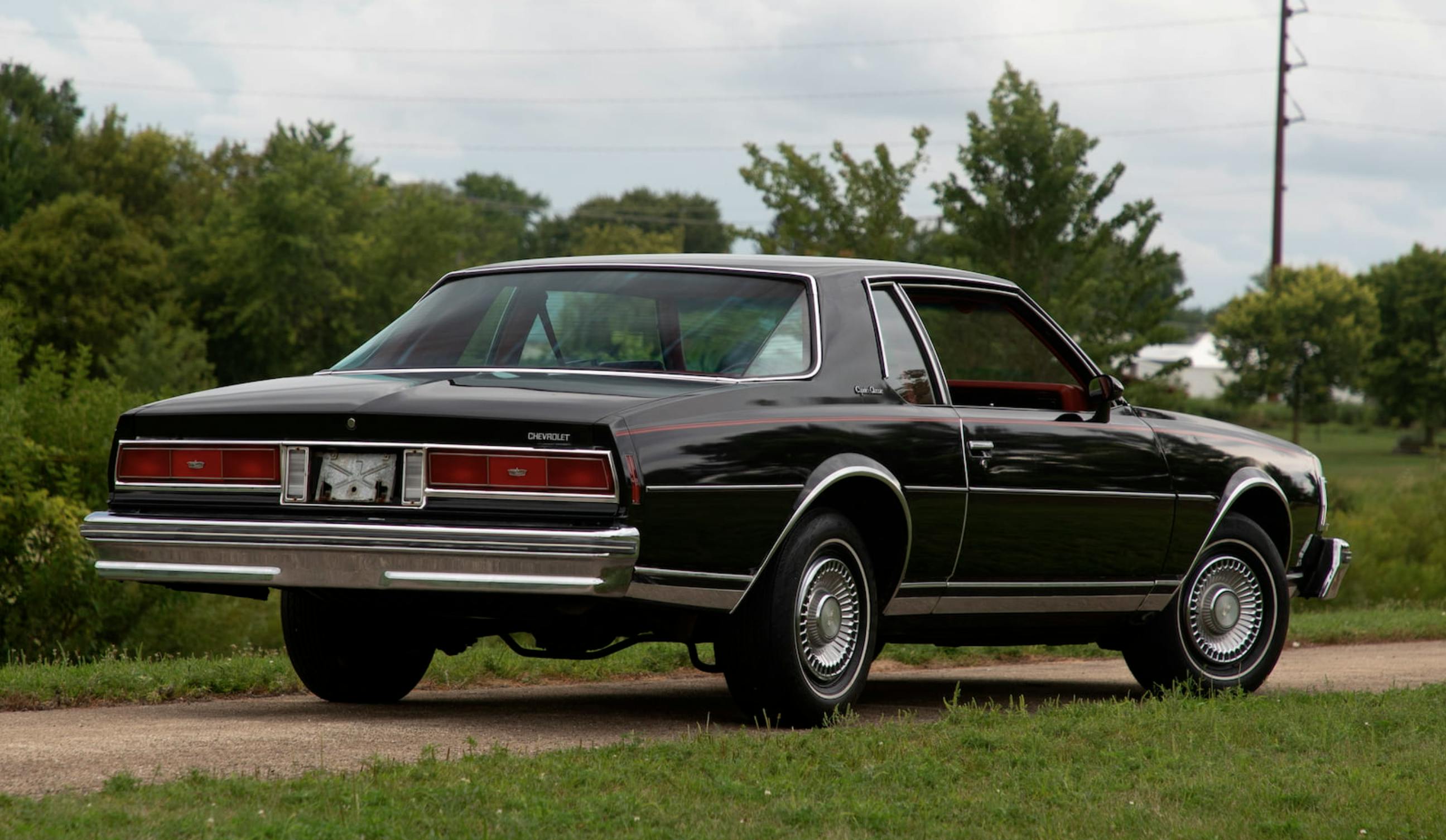





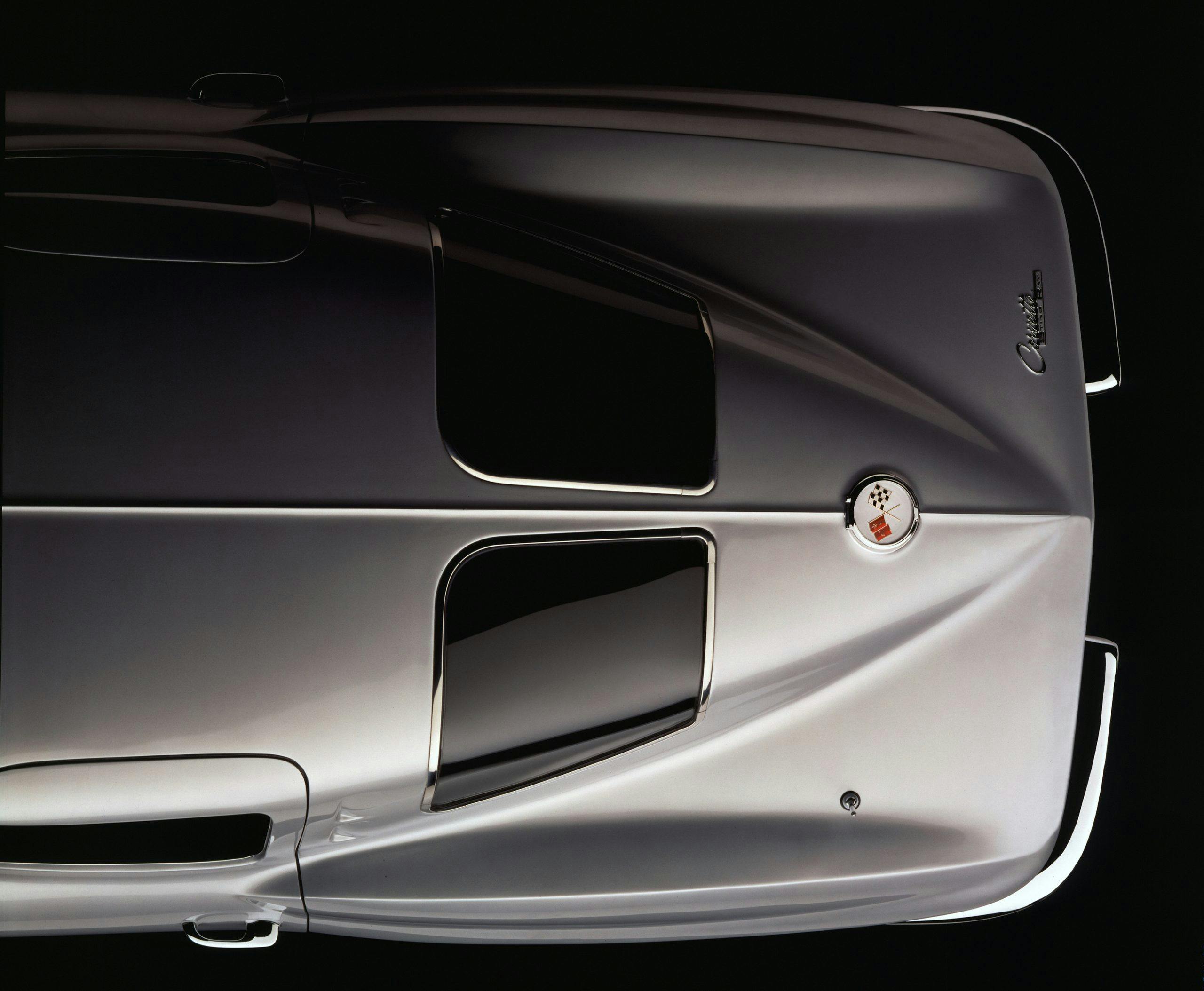
I had a 1964 4 door Pontiac Tempest with a unique curved inward rear window. I know it was unique because after my brother or I ( He did it) put a dart into it my Dad had a hell of a time to find one. It was different then the GTO and two door coupes windows.
Missed the Gen 3 Camaro/Firebird hatch didn’t you?
Oldsmobile Toronado XS
The Oldsmobile Toronado XS is a new one on me, I’ve never seen one of those before.
Next up, non GM rear glass. My pick : Marlin !
Hello ? 61 Bubble Top Folks …
The Olds Vista Cruiser should be on this list.
Rear view windows is the topic. But I like where you are going …
My father purchased a new 4-door Impala in 1977, and at the time I remember looking at the rear glass on the coupes. I wasn’t too thrilled at the time, but I now recognize that they look cool.
Wow!! You missed another real classic one year only! 1957 Buick and Oldsmobile! I am standing beside mine now admiring the sharply creased twin lines starting on the roof at the windshield and running continuously from there to the back bumper, through the three piece rear glass!
57 Olds and Buick triple split-windows!! Luv ’em!!!
The really cool reverse radius rear window on the early 70s Impala Custom Coupes. Always liked them, and would still like to get one.
71/73 Boat tail Riviera, hands down, always wanted one, my buddy had a sunroof top 72 back in 77, Spokes Whitewall tires, beautiful riding car,
How about the 1963 Pontiac Gran Prix? Subtle and graceful concave rear glass only used on the Grand Prix model.
Many of the GM early 60’s four door hardtops used the wrap around rear glass with the “flying roof” that appeared to be suspended on narrow pillars. Visibility was excellent all the way around unlike today’s cars with gun slot windows.
1991 Camaro Z28
How about a 1959 Olds 98 coupe , 59 Impala, both panoramic in size